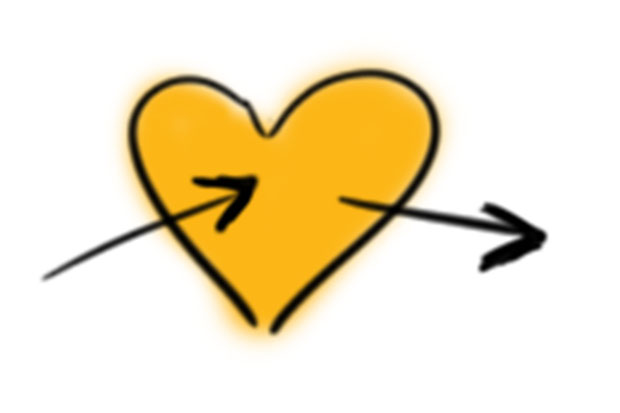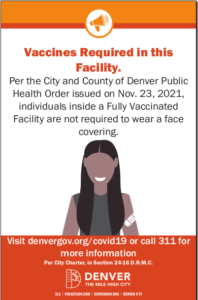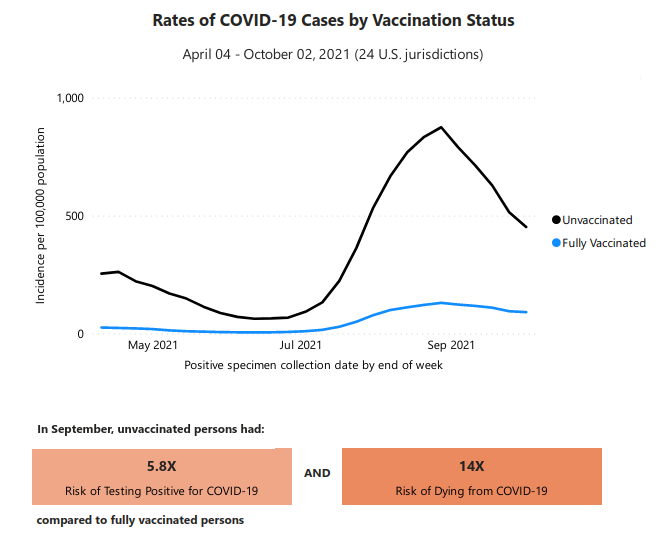Continuing our exploration of the Ten Commitments, I take a look at empathy and it’s power to connect people in powerfull and lasting ways.
In today’s fast-paced world, where digital screens often mediate our interactions, the concept of empathy, understanding and sharing the feelings of others, has never been more important. But what exactly does empathy mean? More than just feeling sympathy for someone else’s struggles, empathy is about putting yourself in their shoes, seeing the world through their eyes, and responding with care and understanding.
In this post, we will explore the importance of empathy in our personal relationships, in our communities, and in society as a whole. We’ll also delve into how cultivating empathy can lead to greater connection, communication, and positive change.
What Is Empathy?
Empathy can be broken down into three primary components:
- Cognitive Empathy: The ability to understand another person’s thoughts and perspective. It’s the “getting inside someone else’s head” and seeing the world from their vantage point.
- Emotional Empathy: The capacity to actually feel what another person is feeling. If you’ve ever cried with a friend going through a tough time or felt the joy of someone achieving their dreams, that’s emotional empathy at work.
- Compassionate Empathy: This is a blend of emotional and cognitive empathy, allowing individuals to connect deeply with others while maintaining emotional boundaries.
While cognitive and emotional empathy are important, compassionate empathy is where real change happens. This form of empathy does not just acknowledge the pain of others, it actively seeks to alleviate it.
Why Is Empathy Important?
Deepening Personal Connections
Empathy is the cornerstone of any meaningful relationship. Whether it’s with family, friends, or a romantic partner, the ability to empathize with each other’s experiences, thoughts, and feelings fosters deeper connections. It creates a safe space for vulnerability, where both parties feel seen and heard.
In the absence of empathy, relationships can feel shallow, distant, or disconnected. But when empathy is present, we feel more understood and less alone in our struggles and triumphs.
Enhancing Communication
Effective communication does not just mean talking; it involves listening—listening with an open mind and heart. Empathy enables us to listen actively, without judgment or interruption. When we understand the emotions behind someone’s words, we can respond more thoughtfully, and avoid misunderstandings that often lead to conflict.
For example, in a heated disagreement, it’s easy to focus solely on getting your point across. But when we empathize with the other person’s position, we can recognize their pain, frustrations, or hopes, which can defuse tension and lead to more productive conversations.
Building Inclusive Communities
Empathy helps create a sense of belonging and inclusion. In diverse communities, it’s easy to feel isolated or “othered,” especially if you don’t share the same background or experiences. However, when we take the time to listen and empathize with those who are different from us, we break down barriers. We begin to see common humanity rather than focusing on differences.
In a workplace setting, empathy plays a critical role in fostering diversity and inclusion. By understanding and acknowledging the unique challenges faced by colleagues—whether those challenges are related to race, gender, socioeconomic status, or personal hardships—we create an environment where everyone feels valued and respected.
Cultivating Empathy
The good news is that empathy is not an innate trait reserved for a select few, it’s a skill that anyone can develop. Here are a few strategies to help you cultivate greater empathy in your life:
- Listen Actively: Pay attention when others speak. Don’t just listen to respond—listen to understand. Make eye contact, nod, and validate their emotions. Avoid interrupting or offering unsolicited advice.
- Ask Questions: Show genuine curiosity about others’ experiences. Ask open-ended questions that invite people to share their thoughts and feelings. Phrases like “How did that make you feel?” or “What was going through your mind at that moment?” encourage deeper conversation.
- Put Yourself in Someone Else’s Shoes: Imagine what it’s like to walk in someone else’s life. Whether it’s a friend going through a breakup, a colleague dealing with stress, or a stranger facing discrimination, taking a moment to mentally step into their world can help you respond with greater compassion.
- Practice Empathy in Small Acts: Small gestures—like offering a kind word, being patient with others, or helping a colleague with their workload—can have a big impact. These acts of empathy not only improve others’ lives but also cultivate a culture of understanding in your community or workplace.
- Be Mindful of Your Own Emotions: Self-awareness is crucial for practicing empathy. The more in touch you are with your own emotions, the better you’ll be at recognizing and understanding the emotions of others. Practicing mindfulness, meditation, or journaling can help you develop this self-awareness.
Empathy Matters Now More Than Ever
In a world where division, isolation, and conflict often seem to dominate the headlines, empathy is more important than ever. It has the power to break down walls, heal wounds, and create more harmonious relationships in our personal lives, workplaces, and communities.
Empathy is not just a skill; it’s a way of life. It’s about choosing to see others as people, not problems. It’s about listening, understanding, and caring. In a world that’s often focused on productivity, efficiency, and individual success, empathy reminds us that the most important thing we can do is to connect with each other as fellow human beings.
So, whether you’re navigating a difficult conversation, leading a team, or simply offering a listening ear, remember that empathy is one of the most powerful tools we have to make the world a better place. Start small, and over time, you’ll see the profound impact it can have on both your own life and the lives of those around you.

























 Some people took on a job that they thought was simple, but turned out to be very difficult! So with the help of many volunteers from our community, we are giving new life to this old building. Some people are installing flooring, fixing stairs, unpacking boxes, fixing toilets and sinks.
Some people took on a job that they thought was simple, but turned out to be very difficult! So with the help of many volunteers from our community, we are giving new life to this old building. Some people are installing flooring, fixing stairs, unpacking boxes, fixing toilets and sinks. We promise we did not work them too hard and we even fed them! We still have a lot of work to do before we have a grand opening sometime this fall.
We promise we did not work them too hard and we even fed them! We still have a lot of work to do before we have a grand opening sometime this fall. Today only!
Today only!